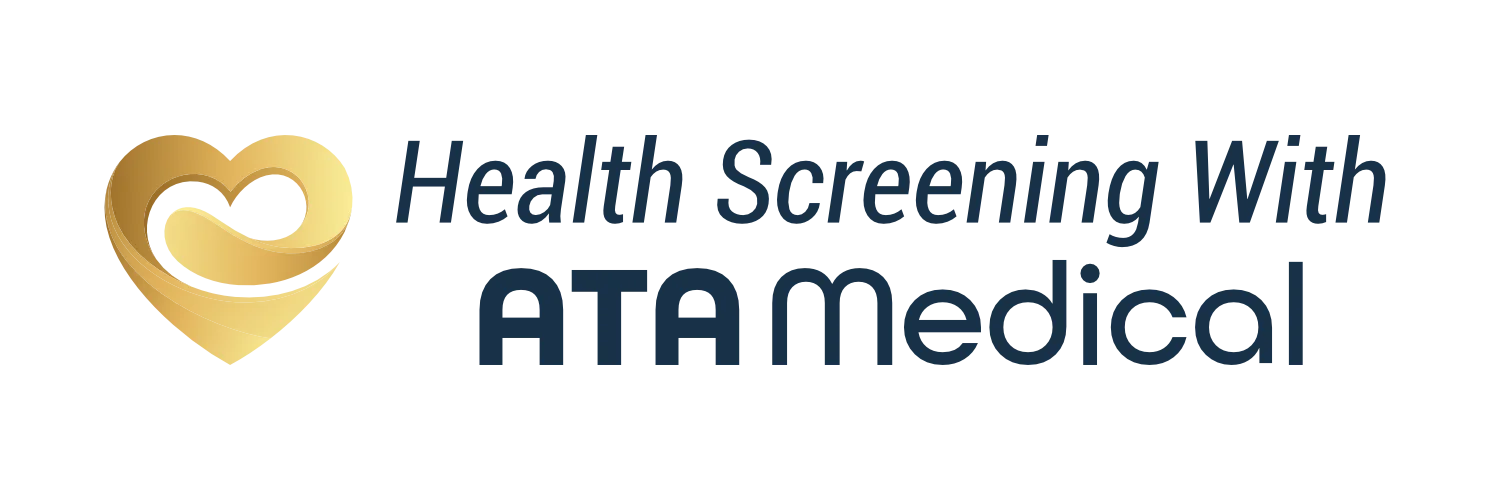Altitude Sickness Pills Singapore
| Treatment | Altitude Sickness Medication |
| Purpose | Prevention and management of altitude sickness (acute mountain sickness) symptoms during high-altitude travel |
| Price | $1.31 per tab NETT |
| Appointment Options |
Same-day appointment (subject to availability). Book via WhatsApp: 8893 3757 or email: hello@healthscreening.sg |
| Clinic Locations |
Orchard: 1 Orchard Blvd
#05-09 Camden Medical Centre, S248649 Tanjong Pagar: 72 Anson Rd #01-02 Anson House, S079911 |
Altitude sickness pills, also known as altitude sickness medication, help the body adjust
to reduced oxygen levels experienced at high elevations.
They are commonly used to prevent and relieve symptoms of altitude sickness, or acute mountain sickness, which can occur when a person
ascends too quickly above 2,400 metres (around 7,900 feet).
With more people engaging in trekking and mountain expeditions, understanding how to prepare for
altitude exposure and use preventive strategies is crucial for a safe and comfortable journey.
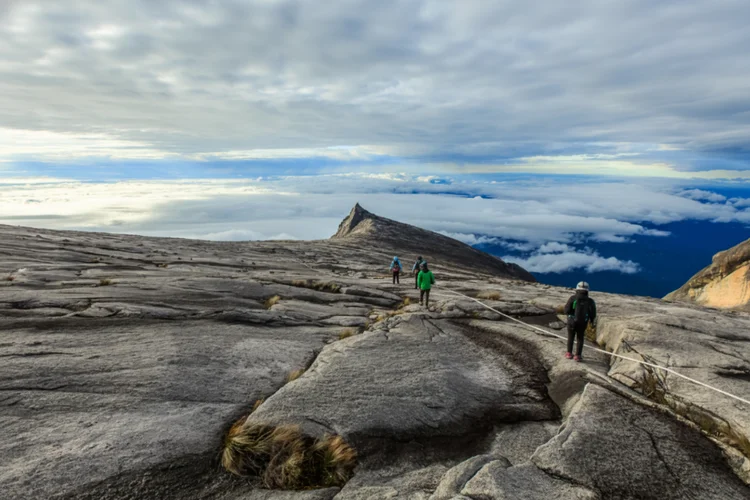
What Causes Altitude Sickness?
Altitude sickness develops when the body struggles to adjust to lower oxygen levels and reduced
air pressure at higher elevations. This reduction in oxygen affects
how well the brain and other vital organs function, leading to various symptoms.
Several factors can increase the likelihood of developing altitude sickness:
- Rapid ascent – Climbing too quickly without rest days limits the body's ability to acclimatise.
- High altitude reached – The higher the elevation, the lower the oxygen concentration.
- Physical exertion – Intense activity increases oxygen demand, worsening symptoms.
- Dehydration – Insufficient fluid intake can impair circulation and adaptation.
- Individual sensitivity – Some people experience symptoms at lower altitudes than others.
What Are Symptoms of Altitude Sickness?
Altitude sickness symptoms often appear within several hours after reaching high elevation. They
range from mild to severe and can worsen without rest or descent.
Common signs include:
- Headache
- Fatigue or weakness
- Dizziness
- Difficulty sleeping
- Nausea or vomiting
- Loss of appetite
- Shortness of breath
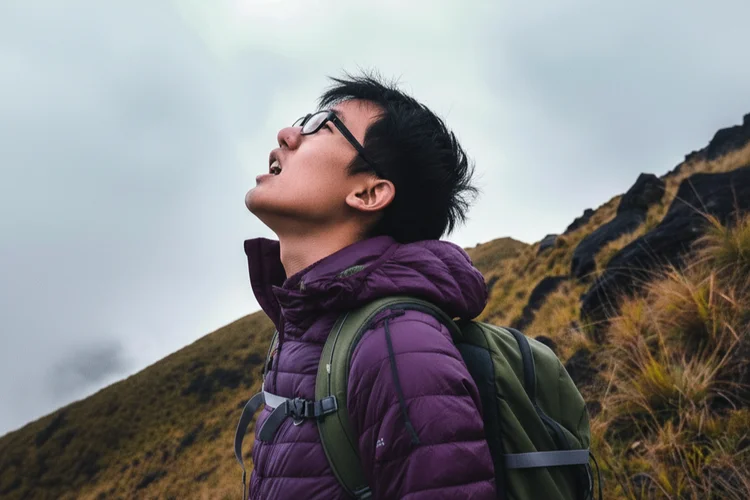
If symptoms intensify, they may signal more serious conditions that require medical attention such as:
- High-altitude cerebral oedema (HACE) – Fluid accumulation in the brain causing confusion and loss of coordination.
- High-altitude pulmonary oedema (HAPE) – Fluid build-up in the lungs leading to severe breathlessness and coughing.
How Do Altitude Sickness Medications Work?
Altitude sickness pills work by helping the body adapt faster to the reduced oxygen environment. The most common medication, acetazolamide, functions in several ways:
- Stimulates breathing – By promoting the excretion of bicarbonate, it induces mild metabolic acidosis, which increases breathing rate and oxygen intake.
- Improves oxygen delivery – Enhanced oxygen absorption supports the brain and muscles during ascent.
- Reduces fluid retention – Helps prevent swelling in the lungs (HAPE) and brain (HACE).
These effects together lower the risk and severity of altitude sickness, making high-altitude travel more tolerable.
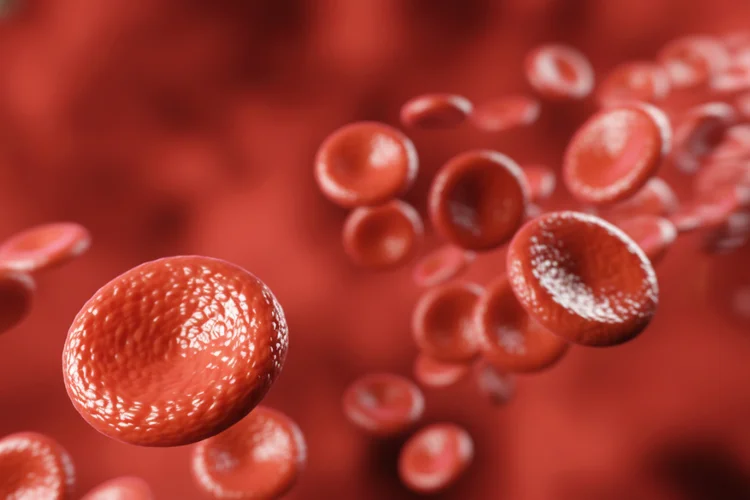
What Are Side Effects of Altitude Sickness Pills?
Although generally well-tolerated, altitude sickness medications can cause mild side effects. Common reactions include:
- Tingling in the hands or feet
- Changes in taste perception
- Nausea, dizziness, or drowsiness
- Headache or fatigue
- Increased sensitivity to sunlight
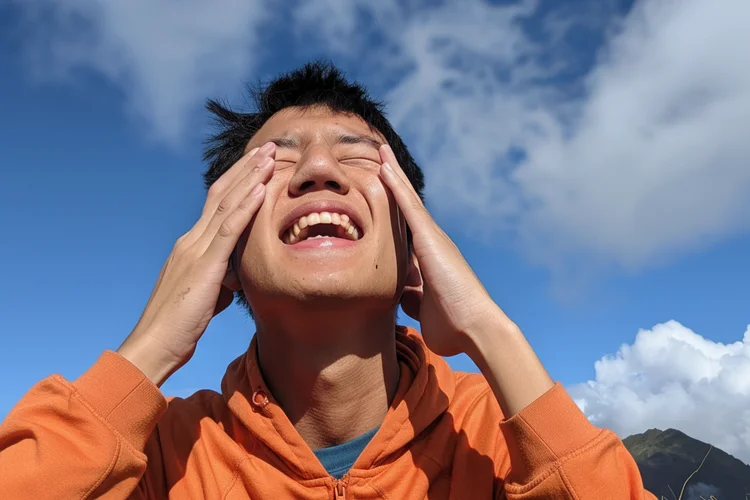
Certain conditions and medications require extra caution:
- People with kidney or liver disease, glaucoma, or sulphonamide allergy should discuss suitability before use.
- Drug interactions may occur with aspirin, anticonvulsants, or other medications, altering effectiveness or increasing side effects.
As altitude sickness pills are prescription-only medications in Singapore, your doctor will evaluate your health and medical history to determine whether they are appropriate for you.
What Are Other Strategies to Prevent Altitude Sickness?
In addition to medication, practical steps can significantly reduce the risk of altitude sickness:
- Ascend gradually – Avoid gaining more than 300–500 metres in sleeping elevation per day.
- Plan for acclimatisation stops – Spend a day or two at moderate altitudes before ascending further.
- Rest periodically – Include rest days after every few days of climbing to allow the body to adjust.
- Avoid overexertion – Begin with light activity until proper acclimatisation occurs.
- Stay hydrated – Drink water regularly and limit caffeine and alcohol, which can contribute to dehydration.
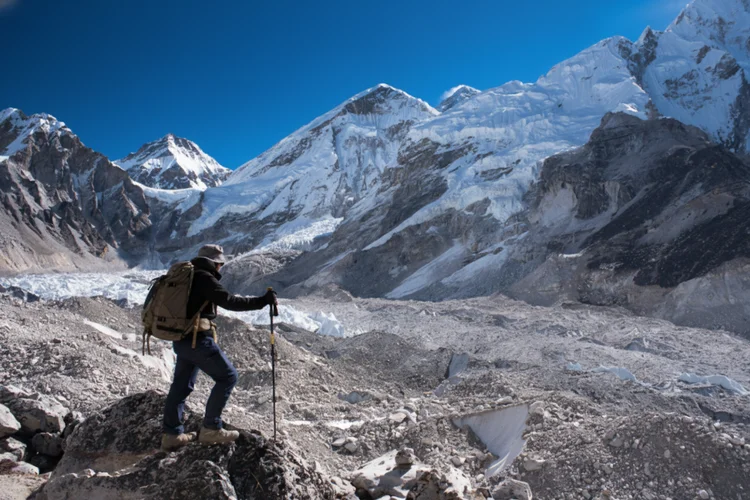
How Much Do Altitude Sickness Pills Cost?
At healthscreening.sg, we provide altitude sickness medication and travel medical kits are available at the following prices:
| Treatment | Price* |
|---|---|
| Consultation | From $49.05 |
|
Altitude Sickness Pills (Dosage may vary based on factors such as travel duration, destination altitude, and individual health condition.) |
$1.31 per tab |
| Period Delay Pills | $0.76 per tab |
| Travel Medical Kits | |
|
Basic Kit For:
|
$48 |
First Aid Kit
|
$28 |
|
Enhanced Kit Basic Kit + First Aid Kit:
|
$68 |
| Travel Vaccinations | |
| Cholera / E. coli (ETEC) | $136.25 / dose |
| COVID-19 | Free for Singapore Citizens, Permanent Residents, Long-Term Pass Holders, and selected Short-Term Pass Holders |
| Hepatitis A | From $101.37 / dose |
| Hepatitis B | From $54.50 / dose |
| Influenza (Flu) Vaccine | $28 (with purchase of any travel medical kits) |
| Japanese Encephalitis | $325 / dose |
| Measles, Mumps, and Rubella (MMR) | $60 / dose |
| Meningococcal | $109 / dose |
| Rabies | $263.78 / dose |
| Tetanus | From $58.86 / dose |
| Typhoid | $49.05 / dose |
| Yellow Fever | $228.90 / dose |
*Prices are NETT and inclusive of GST.
^Prices last updated on
Jan 28, 2026. While every effort is made to keep pricing information up to date, please contact our team to confirm the latest rates.
Where to Buy Altitude Sickness Pills in Singapore?
Why Choose Us?




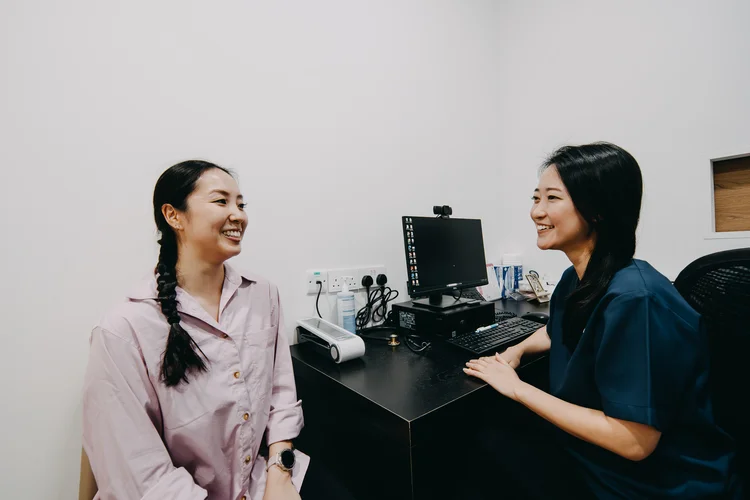



Navigate Easy With Google Maps
Health Screening Singapore (Anson House)
Nearest MRT: EW15 Tanjong PagarHealth Screening Singapore (Camden Medical Centre)
Nearest MRT: TE13 Orchard BoulevardHealth Screening Singapore (CPF Jurong Building)
Nearest MRT: NS1/EW24 Jurong EastFrequently Asked Questions (FAQ)
The most commonly prescribed medication for altitude sickness prevention is acetazolamide, which helps the body adapt to lower oxygen levels by stimulating breathing and improving oxygen absorption. Other medications, such as dexamethasone or nifedipine, may be used when acetazolamide is unsuitable. At healthscreening.sg, altitude sickness pills are available from $1.31 per tablet, with consultations starting at $49.05. Dosage varies depending on travel duration, destination altitude, and individual health condition.
Altitude sickness tablets can be helpful for individuals ascending quickly to high elevations or with a prior history of altitude-related symptoms. They lower the likelihood and severity of discomfort by promoting faster acclimatisation. However, gradual ascent and proper rest may be sufficient for lower altitudes below 2,400 metres. As altitude sickness pills are prescription-only in Singapore, a medical consultation is required to determine whether they are suitable for you.
In Singapore, altitude sickness medication such as Diamox (acetazolamide) is prescription-only and cannot be purchased over the counter. This ensures the dosage and suitability are properly assessed by a doctor, as the medication may not be appropriate for everyone and can interact with other medicines. If you are planning a high-altitude trip, it is advisable to consult your doctor for a prescription and travel health guidance before departure.
Altitude sickness pills may cause mild and temporary side effects such as tingling in the hands or feet, changes in taste, or light-headedness. Less commonly, drowsiness or increased sensitivity to sunlight can occur. These effects usually resolve after stopping the medication. Individuals with existing medical conditions or taking other medications should discuss potential risks before use. If you are concerned about side effects, speak with your doctor during your consultation.
Altitude sickness medication is typically started one to two days before ascent and continued for at least 48 hours after reaching the highest altitude or until descent. Beginning early allows the body to adjust to the medication's effects and enhances acclimatisation. However, timing and duration may vary depending on your travel route, altitude gain, and health condition. Always follow your doctor's prescribed instructions for best results.
Altitude sickness can begin to develop at elevations above 2,400 metres (around 7,900 feet), though sensitivity varies between individuals. Mild symptoms such as headache, fatigue, and dizziness may appear within a few hours of arrival at high altitude. The risk increases with faster ascent and higher elevation. If symptoms develop or worsen, rest and descent are recommended.
Diamox (acetazolamide) generally begins to work within one to two hours after taking the first dose, with its full preventive effect developing after a day or two of continued use. This timing allows the body to adjust to changes in breathing and blood acidity, supporting acclimatisation before ascent. The medication is typically started one to two days before reaching high altitude. Always follow your doctor's prescribed schedule for optimal protection.
When taking Diamox, it is advisable to limit foods high in salt or potassium, such as processed snacks and certain fruit juices, as the medication can alter electrolyte balance. Alcohol and caffeine should also be minimised because they may worsen dehydration. Maintaining a balanced diet and adequate hydration supports safe use of the medication. If you have specific dietary restrictions or medical conditions, discuss them with your doctor during your consultation.
Diamox may not be suitable for individuals with severe kidney or liver disease, adrenal gland disorders, or an allergy to sulphonamide medications. It should also be used with caution in those with diabetes, electrolyte imbalances, or certain respiratory conditions. As Diamox is a prescription-only medication, a doctor's assessment is required to determine whether it is appropriate and suitable based on your health status and current medications.
There is no direct natural substitute for Diamox that has been proven to prevent altitude sickness reliably. The most effective non-medical strategy is a gradual ascent, allowing the body time to adapt to lower oxygen levels. Other helpful measures include staying well hydrated, avoiding overexertion, and incorporating rest or acclimatisation days during ascent. These approaches reduce the likelihood of symptoms without relying on medication.
Anyone can experience altitude sickness, but certain factors increase susceptibility. Individuals who ascend rapidly, have a history of altitude illness, or engage in intense physical activity without acclimatisation are at higher risk. Conditions such as dehydration, poor sleep, and recent illness may also contribute. People living at sea level are generally more affected when travelling to high elevations. Proper preparation and gradual ascent reduce this risk significantly.
Diamox can rarely cause skin reactions, including mild rashes, itching, or, in very uncommon cases, severe allergic responses. Most mild rashes resolve once the medication is stopped, but serious reactions may require prompt medical care. If you develop a rash, swelling, or breathing difficulty after taking Diamox, stop the medication and seek medical attention immediately. It is advisable to inform your doctor of any past drug allergies before use.
The most immediate and reliable way to relieve altitude sickness is to descend to a lower elevation as soon as possible. Rest, supplemental oxygen, and medications such as acetazolamide or dexamethasone can also help manage symptoms during descent. Severe cases, such as high-altitude pulmonary or cerebral oedema, require urgent medical attention.
